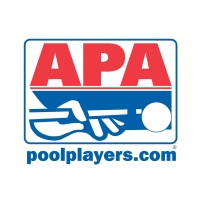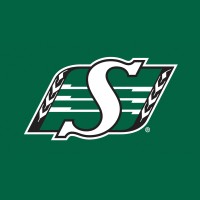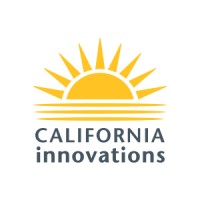Overview
The American Poolplayers Association (APA) was founded by professional poolplayers Terry Bell and Larry Hubbart in 1979 as the National Pool League, which became the American Poolplayers Association in 1981. The two realized the popularity of the sport, but knew that, different from other sports, there was no existing recreational league system.
Today, the APA, also known as the Canadian Poolplayers Association in Canada and the Japanese Poolplayers Association in Japan, has grown to more than 275,000 members and boasts more members than all other "national" leagues combined. The League is administered locally by a network of Franchise Operators. League play is conducted weekly with both 8-Ball and 9-Ball team formats offered.
The APA hosts an 8-Ball and 9-Ball League system and each year teams have the opportunity to advance to the APA National Team Championships. At the national level, the APA guarantees more than $1 million in national tournament prize money.
The APA also conducts the U.S. Amateur Championship, the pool world's most prestigious amateur tournament, which is the only competition open to APA members and nonmembers alike.
From 1999 to the present, Entrepreneur Magazine rated the APA No. 1 in the category of Sports-Event Planning. Entrepreneur Magazine also honored the APA in its franchise 500 rankings.
One of the keys to the success of the American Poolplayers Association is The Equalizer®, the unique handicapping and scoring system that makes it possible for players of different playing abilities -- especially novices and beginners -- to compete on an equal basis, much like they do in golf and bowling. The Equalizer® uses a formula that measures a player's ability. The result is a handicap of how many games a player must win to capture a match in 8-Ball or the number of points a player must earn to win a match in the 9-Ball format.










Social Networks [American Poolplayers Association]: